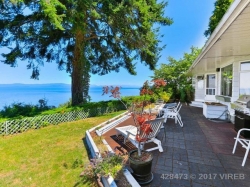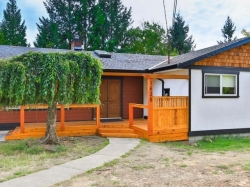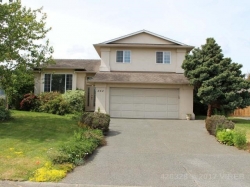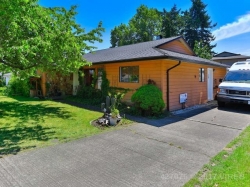Buying your first home
Buying your first home
If you are tired of helping to pay your landlord's mortgage, but think a home of your own is financially out of the question, think again!
Surprising as it may sound, you'll find that the costs of owning a home, in many cases, can be substantially lower or comparable to those of renting. Also, with interest rates at their lowest in decades, a wide variety of housing choices and some help from government incentives, there's never been a better time to make your dream of home ownership come true.
When buying a home, the major stumbling block for most first time buyers is the down payment. You may have the ability to keep up with the monthly financial obligation (mortgage payment, insurance, utilities, property taxes, maintenance), but finding the down payment may be a problem.
The best place to start is to determine how much you can afford to pay. The modest home you can afford may be a far stretch from your "dream home," but it will be a start and will require far less cash as a down payment.
To determine how much you can afford as a first time buyer, enlist the services of a REALTOR®. A REALTOR® will help you identify what you want and take you to homes and neighborhoods that reflect your lifestyle, needs and price range.
This individual will also help you understand property financing, taxes, insurance and the steps you will have to take as a first-time buyer to complete a real estate transaction. How to save that down payment.
Once you decide what you can afford and find the home you want in the right neighborhood at the right price, here are some of the sources you can tap into for a down payment.
- Savings and investments;
- Registered Retirement Savings Plan (RRSP); you can withdraw $20,000 per individual ($40,000 per couple) without any tax penalty as long as you pay the amount back within 15 years;
- Ontario Home Ownership Savings Plan (OHOSP); provides tax credits on annual contributions to individuals earning less than $40,000 a year who have never owned a home; the plan must be closed and a home purchased by the end of the seventh year; any savings in this plan will be applied to a home purchase;
- Loans or gifts from your family or relatives.
High ratio mortgage
To qualify for a conventional mortgage, a buyer needs to put down in cash at least 25 per cent of the purchase price. To put down less, a buyer has to qualify for a high-ratio mortgage. By law, this type of mortgage must be insured against default in payment. The cost of this mortgage insurance depends on the value of the house and the size of the loan (eg. 1.25% for 20% down to 3.75% for 5% down).
CMHC five per cent down
While Canada Mortgage and Housing Corporation's (CMHC) five per cent down option program doesn't help you come up with the cash for a down payment, it certainly eases the way. This program insures the mortgage on your home against default in payments for up to 95 per cent of the lending value.
This option especially benefits people who can afford the monthly payments involved in owning a home, but would have trouble saving a large amount of cash as a down payment. CHMC's five per cent mortgage program charges an insurance premium of 3.75 per cent of the mortgage loan. This amount can be added to the mortgage or paid on a monthly basis.
A REALTOR® can help you understand how this program works and ensure that you get the maximum benefit possible. So if you're ready to leap into the world of home ownership, why wait? It's the best move you'll ever make!
VIREB November 2001
READ MORE ARTICLES FROM THE VANCOUVER ISLAND REAL ESTATE BOARD







